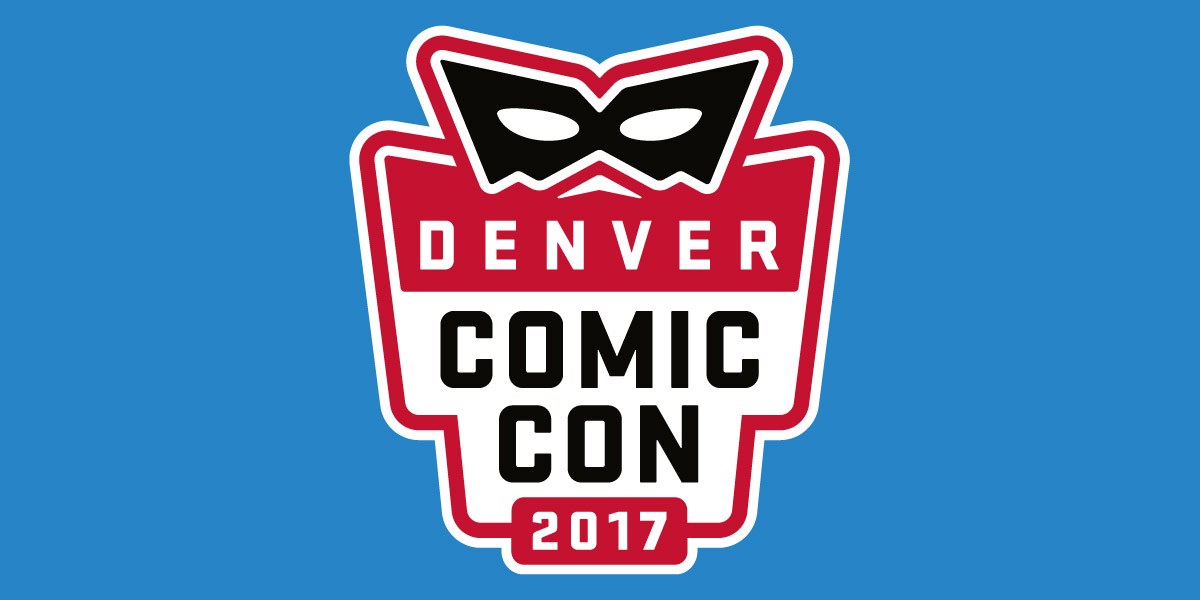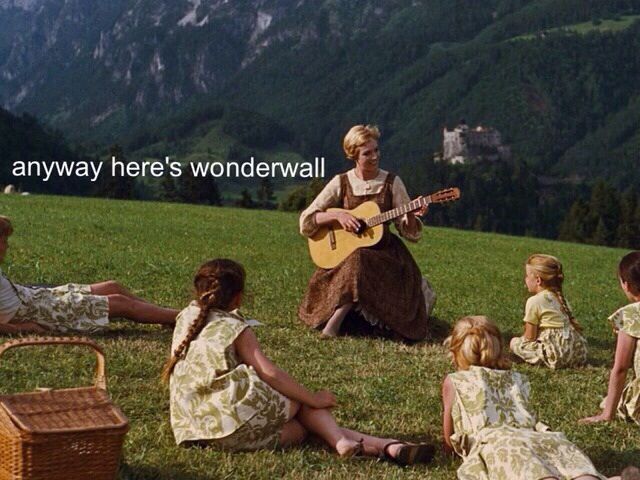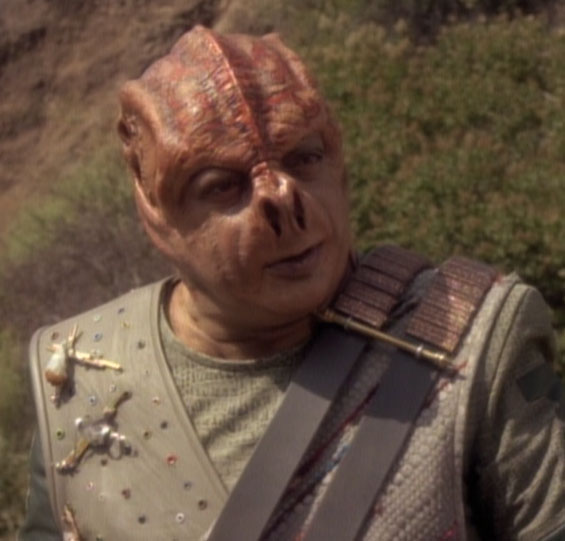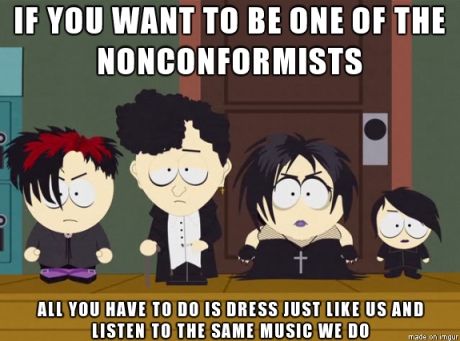Denver Comic Con 2017 Day 1
Beards will be Stroked!
It must be one hell of a convention to drag my ponderous butt from the pipe-smoke filled, whisky-soaked isolation I’ve been in. And so far, it may just be so! Digits, Beards, Stroking. (That is not my new deconstructed title, I promise). Instead, it’s My take on the first day of DCC 2017!
One of the reasons I was motivated to participate this year was the realization that there’s quite a bit of educationally oriented material, which can sometimes make my writing job easier (they already spell the words correctly, y’see). Which made remember WHY they have such a broad educational module: DCC ain’t just a convention, it’s a #Con4ACause. Denver Comic Con is put on by Pop Culture Classroom, a nonprofit organization whose goal is to “Inspire a love of learning, increase literacy, celebrate diversity and build community through the tools of popular culture and the power of self-expression”(http://popcultureclassroom.org/pcc/mission-vision-and-values/). To that end, it’s pretty obvious that they work hard to build and maintain a positive relationship with educators. This builds my hope that we’ll have another, more powerful generation of nerds who are hopefully (finally) large enough to overthrow the oppressive chains of this normie-dominated world and remake this society in our own idealized vision!
…
Just, y’know, once we agree on what that is.
*ahem*
Back on topic, I wanted to share my thoughts and observations on a few of these panels with you. At first, I had expected to see a through line of comprehensible consistency based on the titles of the panels, but as I attended them and the content spiraled out of control, I realized that the best I could do was a stream of consciousness commentary and let the chips fall where they may. So, I present to you, part 1 of my Day 1 recap of DCC:
The first panel, presented at the pretty-much-when-the-dang-thing-opens slot, was concerned with how Star Wars can be used to teach rhetoric, writing and critical reading, coincidentally titled “It’s a trap! Using star wars to covertly teach rhetoric, writing and critical reading“. I was excited to see how this one went and I was not disappointed. In fact, I was inspired by how educators are using this commonly shared universe as a jumping off point for a variety of different educational models.
Since so many people are already familiar with the Star Wars universe (oeuvre?), there is an immediately relatable foundation upon which further lessons can be built. If, for one example, the topic of discussion was adaptation between different media, as Rob Gilmore discussed in this panel, we can easily talk about the rhetorical choices made in transferring from a movie to a radio drama, using a familiar scene (the scene leading up to Luke getting captured by Tusken raiders) and we all immediately know the film version of the scene without having to laboriously present it and provide all the crucial context and back story. This sort of short cut can be powerful when you’re talking about rhetoric and not needing to consume more media in order to join the class on a shared narrative/language.
Likewise with the next speaker, Lauren Picard, who praised the familiarity with the subject matter in the context of writing a review and/or a commentary on the films. The reasonable question of “What genre is Star Wars” or, more specifically for this example “What genre is Rogue One?” can be answered in a variety of ways, many of which are perfectly valid. As she said, is it Sci-Fi? Fantasy? Space Opera? Is it a war movie? All of these are perfectly legitimate lenses through which we can examine and review the film. Since we’re already familiar with it and the series from which it came, we are already prepared to write a sensible response to that question. (I wager anyone reading this has an opinion on that and can easily crank out at least a short essay supporting it. Those will be due in two weeks, FYI). Likewise, viewing Star Wars as a social commentary is one of those “duh” moments when someone tells you about it where you wish you had already thought of it so you’d sound smart but now you’re just ripping off their idea.
Finally, the last speaker, Zoe Tobier, touched on how Star Wars can be used in the perspective of Critical Discourse. Ideological criticism, a method of analyzing the extant social conventions in which we live and have become naturalized, is an aspect of rhetoric and language that can be substantially more easily reached when presented in the context of familiar stories. The fact that Star Wars exists in a wholly alien culture affords a view into the assumptions we aren’t even aware of, as well as providing perspective on those that they already espouse. Aspects of our own culture that exist in Star Wars become a mirror against our own world and can provide a fascinating place to start writing interesting discussions. From this, too, we can extend our analysis beyond the screen and into the audience by considering the viewers/consumers of this media and how these messages are affected by the society in which the media is presented an created.
Okay, folks, I’m running out of room here and I goofed and doublebooked myself tomorrow, so you’re likely to see a Day 1 part 2, then a day 3 over the next two days. Feel free to try and invent whatever insane explanation for the missing Day 2 coverage. I suggest
A: blame chemtrails and/or Russia
B: Kingdom Hearts for permanently ruining my ability to count sequentially
C: That I really couldn’t figure out a way to make my dang schedule work without having to drive all over the place during a convention.
My money is on A.
That or the lizard people.
-Kendric




